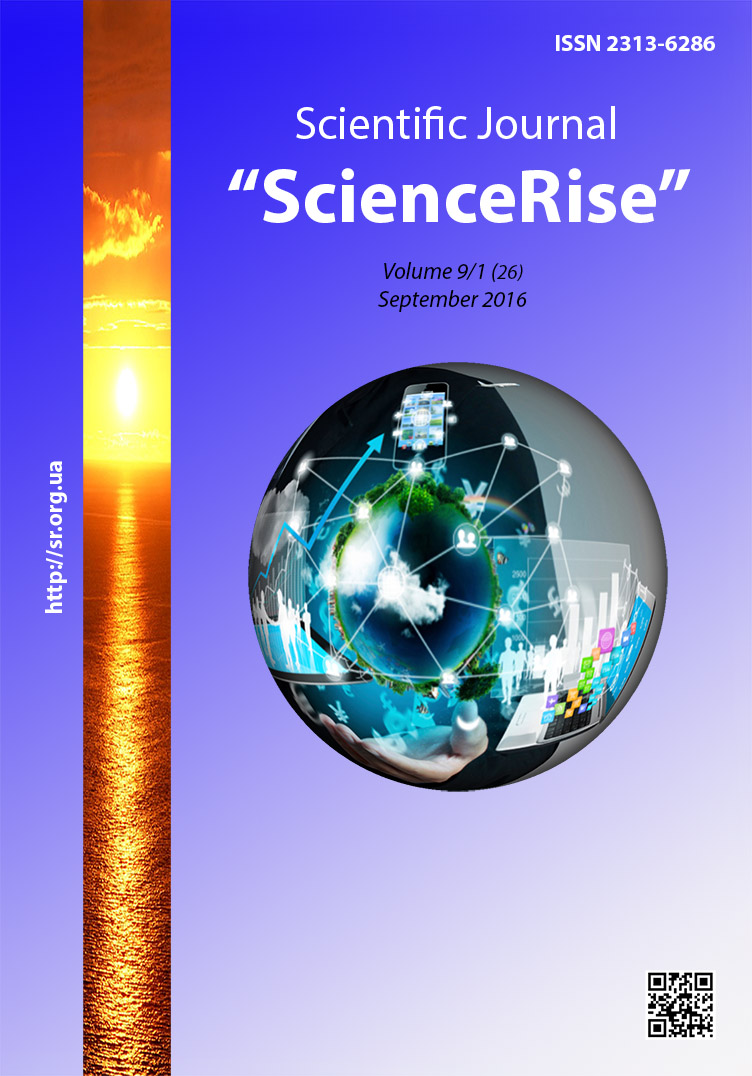Microsophy of power: intersubjective analysis
DOI:
https://doi.org/10.15587/2313-8416.2016.78200Keywords:
microsophy, power, intersubjective space, management, social interaction, subject of power, creative activityAbstract
The author aspires to develop their theoretical constructions on the analysis of the phenomenon of power. Microsocial intersubjective aspect of its study is deepened in this article. In terms of methodology in the studies the main attention was focused on the identification of theoretical positions, causing a conceptuality of existing approaches to understanding the formation of intersubjective reality of the subject of power to clarify the essential aspects that underlie this phenomenon
References
Krymets, L. (2016). Phylosophy of power and scientific and educational space management. Kyiv: Zoloty vorota, 410.
Krymec, L. V. (2015). Microsophy. Rise of new way. ScienceRise, 11/1 (16), 101–104. doi:10.15587/2313-8416.2015.53808
Krymets, L. V. (2015). Formation of modern national scientific and educational space: integrative dimension. Perspective, 2 (64), 81–87.
Bobbio, N. (1955). Democrazia e dittatura. Politica e cultura. Torino: Einaudi, 17.
Eliot, J. (2004). Overschievement – the new model of exceptional performance. New York: Penguin Group, 288.
Makiavelly, N. (2011). Gosudar. Sankt-Peterburg: Azbuka-attikus, 272.
Nietzsche, F. (2015). Tak govoril Zaratustra: kniga dlia vseh i ni dlia kogo. Sankt-Peterburg: Azbuka-attikus, 352.
Proleev, S. (2005). Metaphysic of power. Kyiv: Naukova dumka, 324.
Grinin, L. (Ed.) (2012). Globalistics and globalization studies. LMSU: Publishing house, 400.
The philosophy of communication (2012). International center for Greek philosophy and culture: studies in Greek philosophy series, 216.
Downloads
Published
Issue
Section
License
Copyright (c) 2016 Людмила Володимирівна Кримець

This work is licensed under a Creative Commons Attribution 4.0 International License.
Our journal abides by the Creative Commons CC BY copyright rights and permissions for open access journals.
Authors, who are published in this journal, agree to the following conditions:
1. The authors reserve the right to authorship of the work and pass the first publication right of this work to the journal under the terms of a Creative Commons CC BY, which allows others to freely distribute the published research with the obligatory reference to the authors of the original work and the first publication of the work in this journal.
2. The authors have the right to conclude separate supplement agreements that relate to non-exclusive work distribution in the form in which it has been published by the journal (for example, to upload the work to the online storage of the journal or publish it as part of a monograph), provided that the reference to the first publication of the work in this journal is included.

